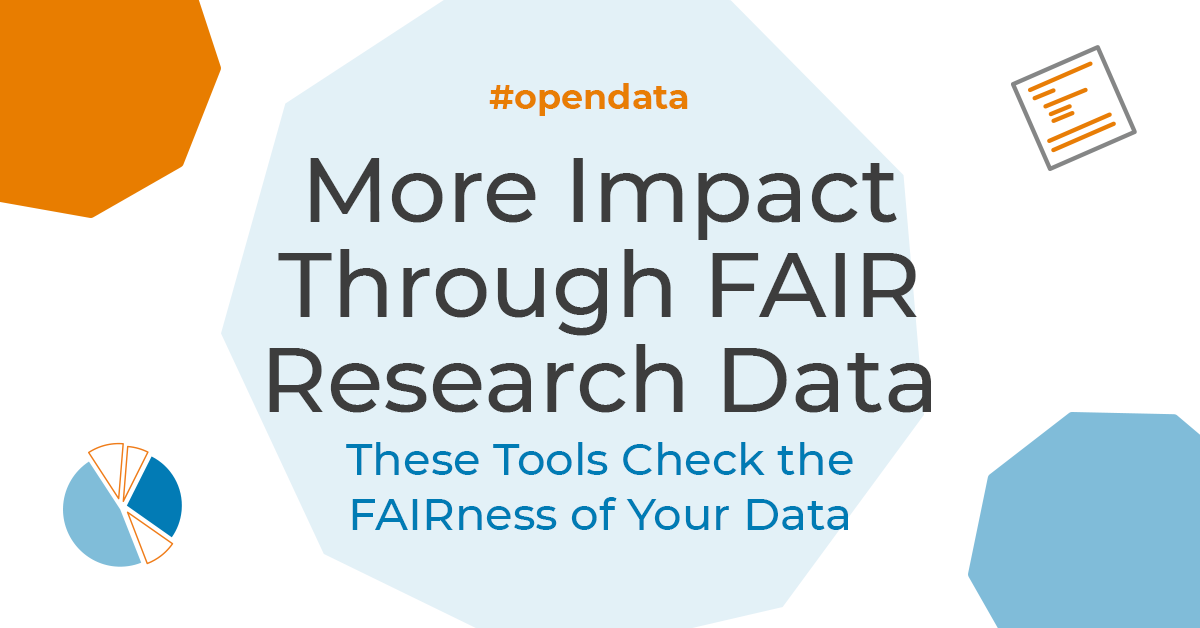Check and Improve Data Quality: With the Open Data Editor no Programming Knowledge is needed
Check data in tables, find errors and publish data seamlessly in just a few steps? The Open Data Editor makes it possible. The Open Source tool requires no programming experience and is accompanied by a free course. How the Open Data Editor works. The Open Data Editor is a free no-code desktop application from the Open Knowledge Foundation. It makes working with data easier, especially for people without a technical background. It can be used to examine tables, detect errors in tables and easily upload data to GitHub, Zenodo and CKAN portals. The application focuses on helping users to find […]
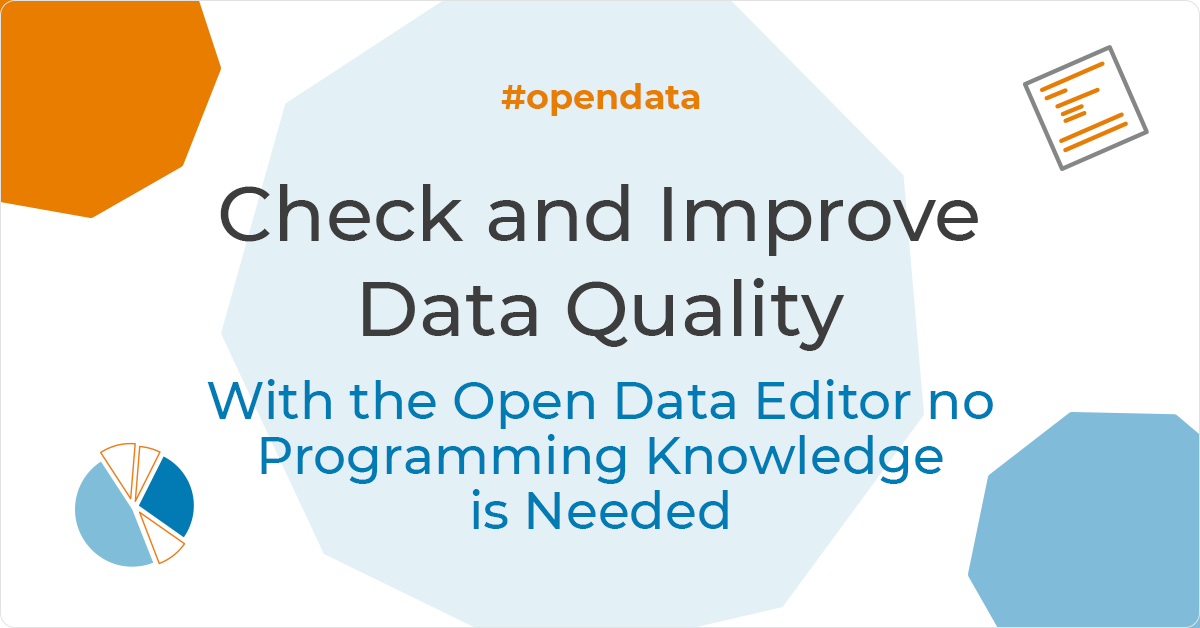
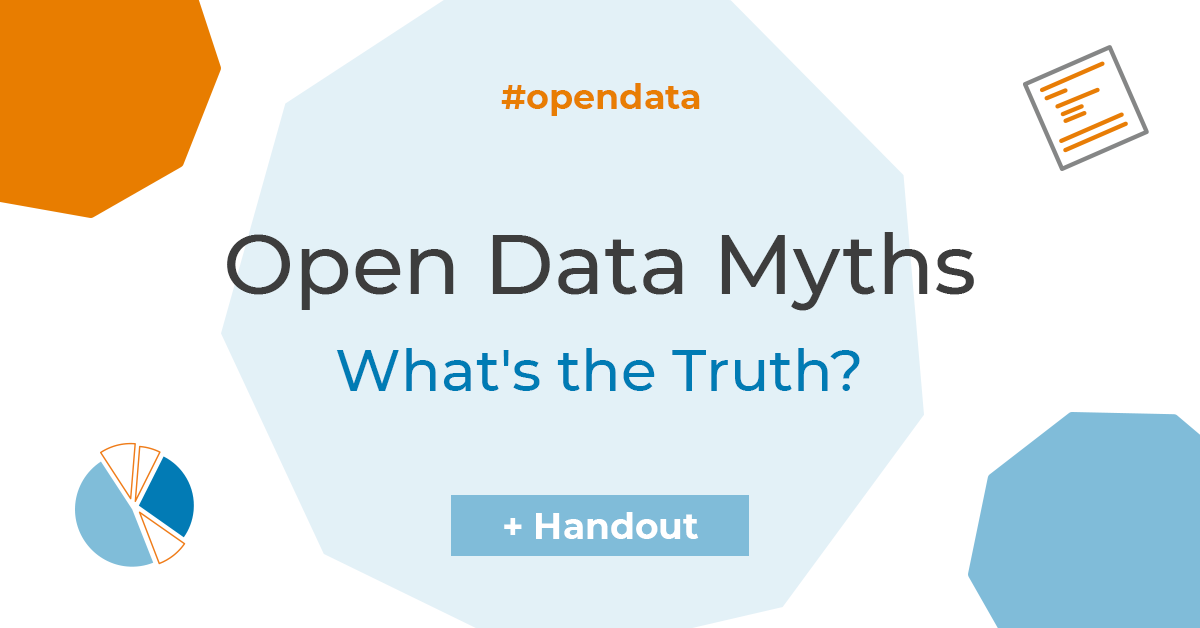
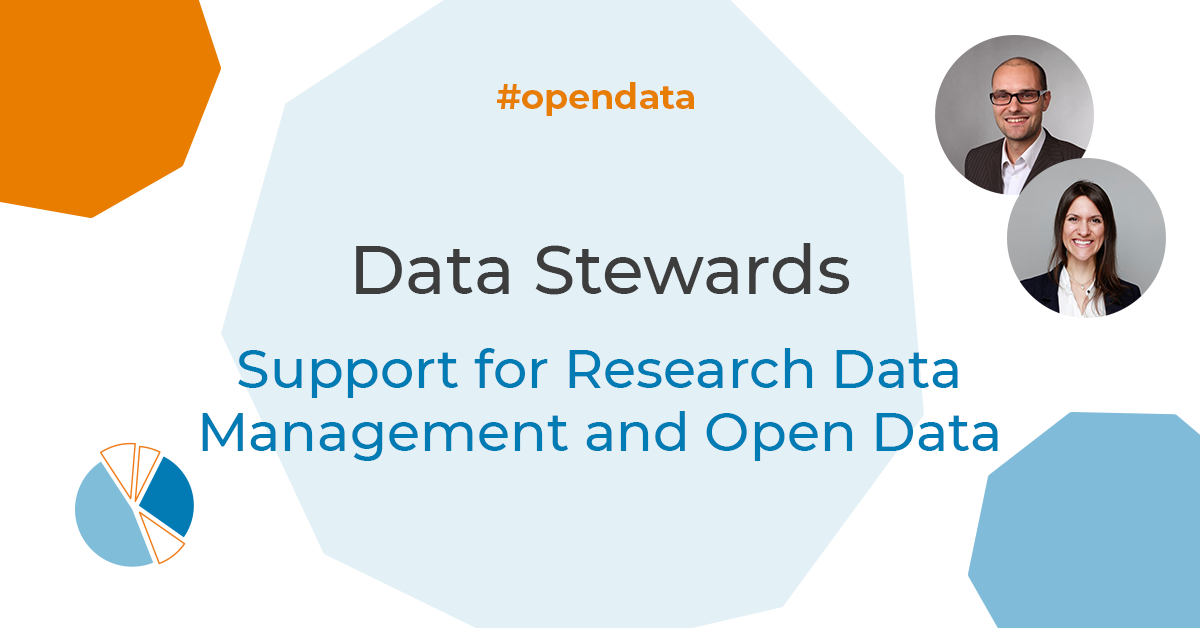
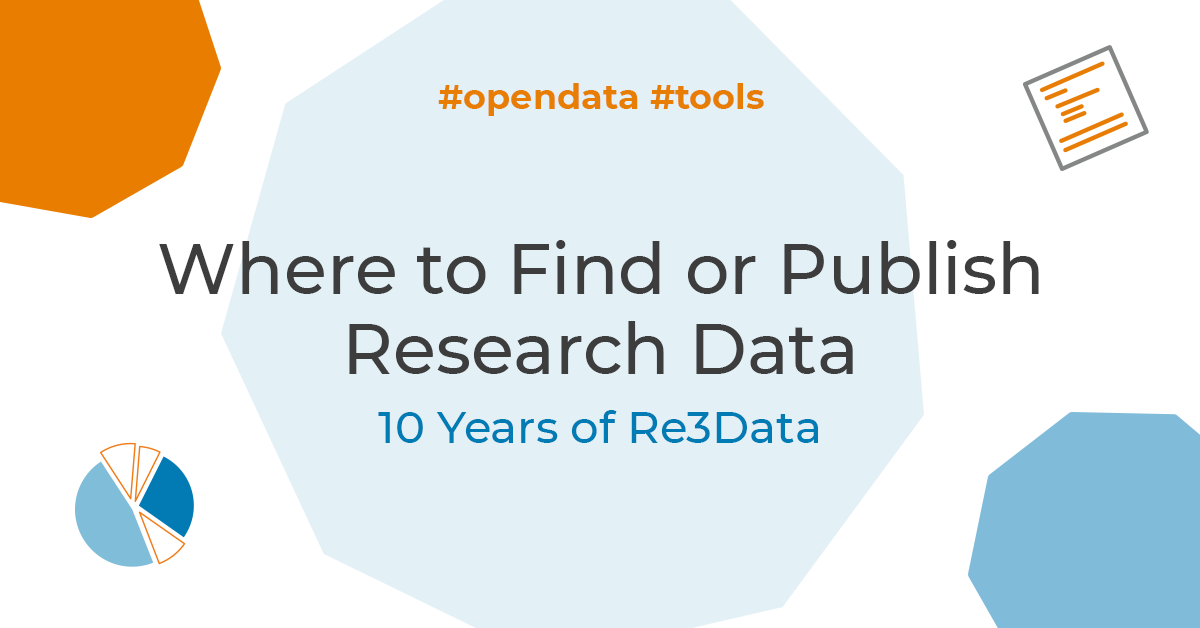
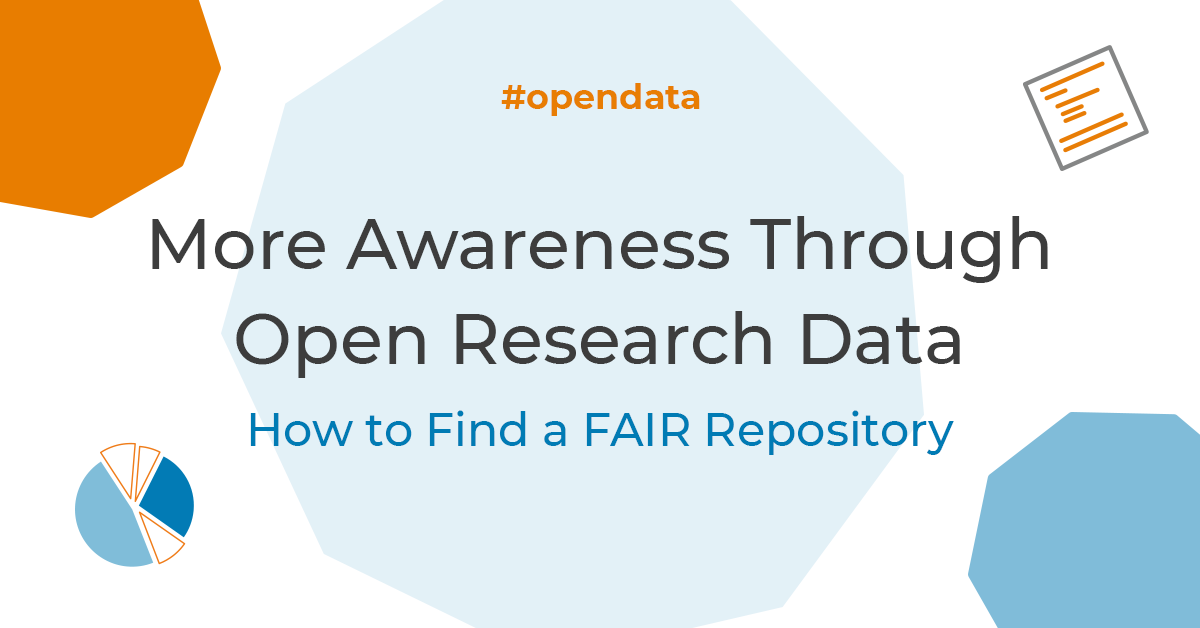
![More Credit Through Open Research Data: how to Recognize a FAIR Repository [Checklist]](https://openeconomics.zbw.eu/wp-content/uploads/2022/02/Mehr-Anerkennung-durch-offene-Forschungsdaten-eng-2.png)
